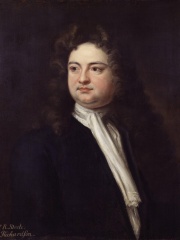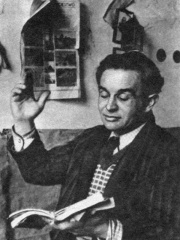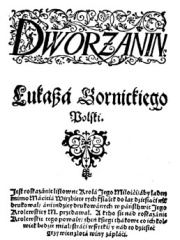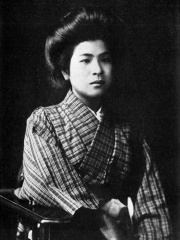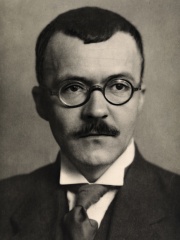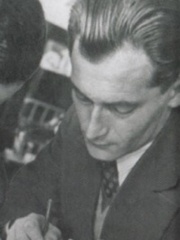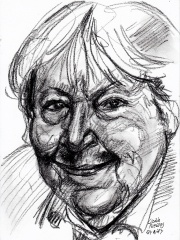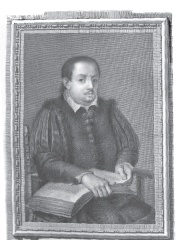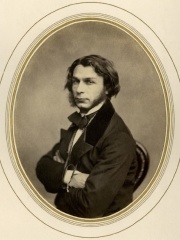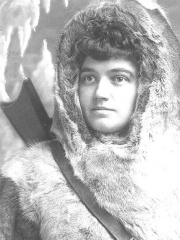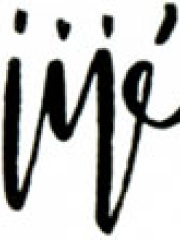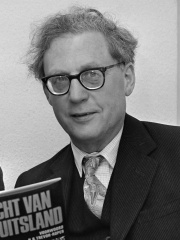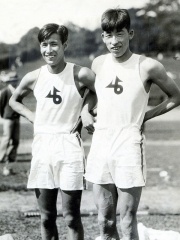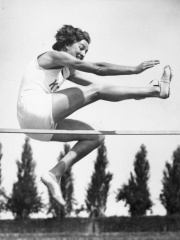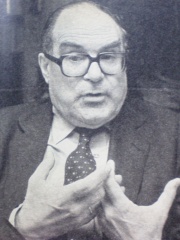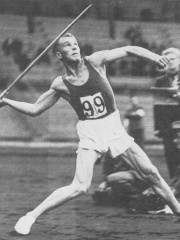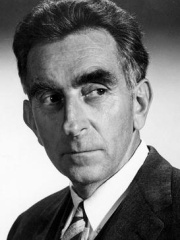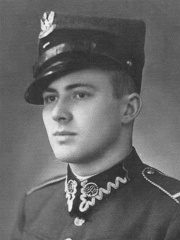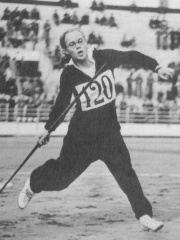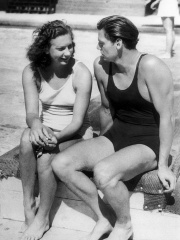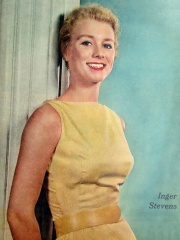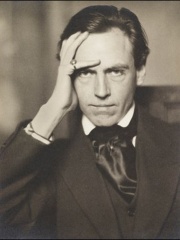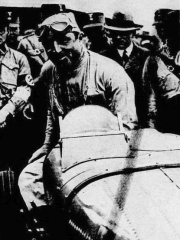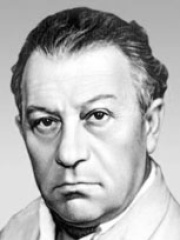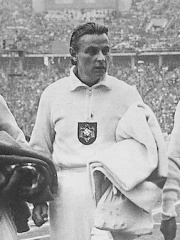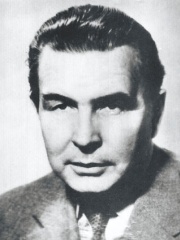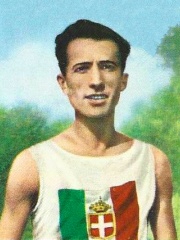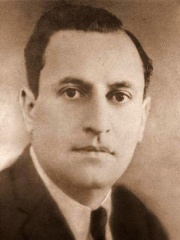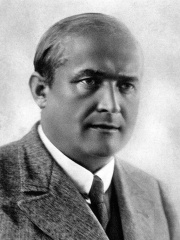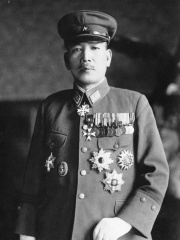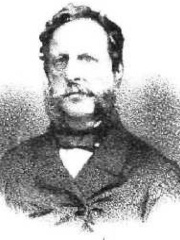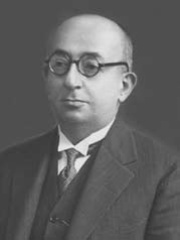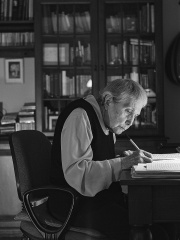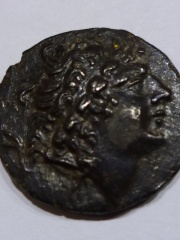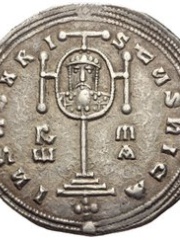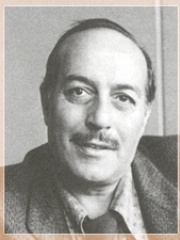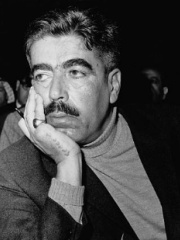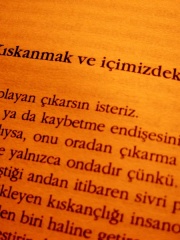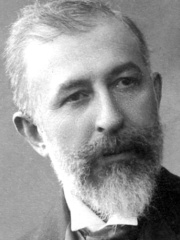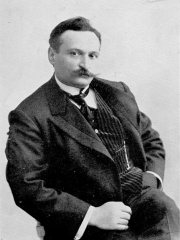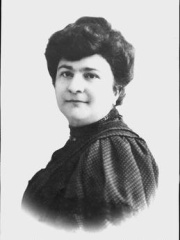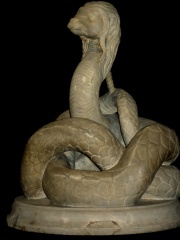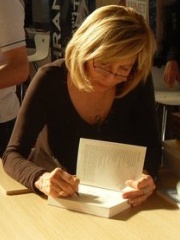WRITER
Orhan Kemal
1914 - 1970

 Orhan Kemal
Orhan Kemal
Orhan Kemal (15 September 1914 – 2 June 1970) is the pen name of Turkish novelist Mehmet Reşit Öğütçü. He is known for his realist novels that describe the life of the poor in Turkey. Read more on Wikipedia
His biography is available in 21 different languages on Wikipedia. Orhan Kemal is the 4,434th most popular writer (down from 4,330th in 2024), the 1,082nd most popular biography from Türkiye (down from 1,071st in 2019) and the 120th most popular Turkish Writer.
Memorability Metrics
Page views of Orhan Kemal by language
Among WRITERS
Among writers, Orhan Kemal ranks 4,434 out of 7,302. Before him are Richard Steele, Konstanty Ildefons Gałczyński, Łukasz Górnicki, Itō Noe, Arnulf Øverland, and Yevgeny Petrov. After him are Gloria Fuertes, Ippolito Nievo, Vicente Espinel, Dmitry Grigorovich, Kathy Acker, and Josephine Diebitsch Peary.
Most Popular Writers in Wikipedia
Go to all RankingsRichard Steele
1672 - 1729
HPI: 56.98
Rank: 4,428
Konstanty Ildefons Gałczyński
1905 - 1953
HPI: 56.97
Rank: 4,429
Łukasz Górnicki
1527 - 1603
HPI: 56.97
Rank: 4,430
Itō Noe
1895 - 1923
HPI: 56.97
Rank: 4,431
Arnulf Øverland
1889 - 1968
HPI: 56.97
Rank: 4,432
Yevgeny Petrov
1902 - 1942
HPI: 56.97
Rank: 4,433
Orhan Kemal
1914 - 1970
HPI: 56.97
Rank: 4,434
Gloria Fuertes
1917 - 1998
HPI: 56.97
Rank: 4,435
Ippolito Nievo
1831 - 1861
HPI: 56.96
Rank: 4,436
Vicente Espinel
1550 - 1624
HPI: 56.96
Rank: 4,437
Dmitry Grigorovich
1822 - 1900
HPI: 56.96
Rank: 4,438
Kathy Acker
1947 - 1997
HPI: 56.95
Rank: 4,439
Josephine Diebitsch Peary
1863 - 1955
HPI: 56.95
Rank: 4,440
Contemporaries
Among people born in 1914, Orhan Kemal ranks 261. Before him are Jijé, Hugh Trevor-Roper, Sueo Ōe, Elfriede Kaun, Hermínio de Brito, and Julián Marías. After him are Yrjö Nikkanen, Jeff Corey, Adolf Urban, Jan Nowak-Jeziorański, Kaisa Parviainen, and Robert R. Wilson. Among people deceased in 1970, Orhan Kemal ranks 191. Before him are Helene Madison, Inger Stevens, Cyril Scott, Pierre Veyron, Abraham Alikhanov, and Käthe Krauss. After him are Adam Rapacki, Hans Walzhofer, Valerio Arri, Rafael Ángel Calderón Guardia, Janko Alexy, and Kiichiro Higuchi.
Others Born in 1914
Go to all RankingsJijé
COMIC ARTIST
1914 - 1980
HPI: 57.29
Rank: 255
Hugh Trevor-Roper
HISTORIAN
1914 - 2003
HPI: 57.24
Rank: 256
Sueo Ōe
ATHLETE
1914 - 1941
HPI: 57.08
Rank: 257
Elfriede Kaun
ATHLETE
1914 - 2008
HPI: 57.00
Rank: 258
Hermínio de Brito
SOCCER PLAYER
1914 - 1995
HPI: 56.98
Rank: 259
Julián Marías
PHILOSOPHER
1914 - 2005
HPI: 56.97
Rank: 260
Orhan Kemal
WRITER
1914 - 1970
HPI: 56.97
Rank: 261
Yrjö Nikkanen
ATHLETE
1914 - 1985
HPI: 56.93
Rank: 262
Jeff Corey
ACTOR
1914 - 2002
HPI: 56.91
Rank: 263
Adolf Urban
SOCCER PLAYER
1914 - 1943
HPI: 56.85
Rank: 264
Jan Nowak-Jeziorański
POLITICIAN
1914 - 2005
HPI: 56.80
Rank: 265
Kaisa Parviainen
ATHLETE
1914 - 2002
HPI: 56.77
Rank: 266
Robert R. Wilson
PHYSICIST
1914 - 2000
HPI: 56.77
Rank: 267
Others Deceased in 1970
Go to all RankingsHelene Madison
SWIMMER
1913 - 1970
HPI: 57.22
Rank: 185
Inger Stevens
ACTOR
1934 - 1970
HPI: 57.14
Rank: 186
Cyril Scott
COMPOSER
1879 - 1970
HPI: 57.07
Rank: 187
Pierre Veyron
BUSINESSPERSON
1903 - 1970
HPI: 57.04
Rank: 188
Abraham Alikhanov
PHYSICIST
1904 - 1970
HPI: 57.03
Rank: 189
Käthe Krauss
ATHLETE
1906 - 1970
HPI: 57.00
Rank: 190
Orhan Kemal
WRITER
1914 - 1970
HPI: 56.97
Rank: 191
Adam Rapacki
POLITICIAN
1909 - 1970
HPI: 56.94
Rank: 192
Hans Walzhofer
SOCCER PLAYER
1906 - 1970
HPI: 56.83
Rank: 193
Valerio Arri
ATHLETE
1892 - 1970
HPI: 56.80
Rank: 194
Rafael Ángel Calderón Guardia
POLITICIAN
1900 - 1970
HPI: 56.73
Rank: 195
Janko Alexy
PAINTER
1894 - 1970
HPI: 56.67
Rank: 196
Kiichiro Higuchi
MILITARY PERSONNEL
1888 - 1970
HPI: 56.61
Rank: 197
In Türkiye
Among people born in Türkiye, Orhan Kemal ranks 1,082 out of 1,347. Before him are Aristeidis Moraitinis (1806), Kadir Topbaş (1945), Refik Saydam (1881), Adalet Ağaoğlu (1929), Ariarathes IX of Cappadocia (-150), and Stephen Lekapenos (901). After him are Halil Pasha (1857), Oppian (101), Morphia of Melitene (1010), Cemal Süreya (1931), Wasfi Tal (1919), and Ahmet Altan (1950).
Others born in Türkiye
Go to all RankingsAristeidis Moraitinis
POLITICIAN
1806 - 1875
HPI: 57.12
Rank: 1,076
Kadir Topbaş
ARCHITECT
1945 - 2021
HPI: 57.10
Rank: 1,077
Refik Saydam
POLITICIAN
1881 - 1942
HPI: 57.08
Rank: 1,078
Adalet Ağaoğlu
WRITER
1929 - 2020
HPI: 57.08
Rank: 1,079
Ariarathes IX of Cappadocia
POLITICIAN
150 BC - 96 BC
HPI: 57.05
Rank: 1,080
Stephen Lekapenos
POLITICIAN
901 - 963
HPI: 57.05
Rank: 1,081
Orhan Kemal
WRITER
1914 - 1970
HPI: 56.97
Rank: 1,082
Halil Pasha
PAINTER
1857 - 1939
HPI: 56.94
Rank: 1,083
Oppian
WRITER
101 - Present
HPI: 56.90
Rank: 1,084
Morphia of Melitene
COMPANION
1010 - 1126
HPI: 56.88
Rank: 1,085
Cemal Süreya
WRITER
1931 - 1990
HPI: 56.87
Rank: 1,086
Wasfi Tal
POLITICIAN
1919 - 1971
HPI: 56.87
Rank: 1,087
Ahmet Altan
WRITER
1950 - Present
HPI: 56.86
Rank: 1,088
Among WRITERS In Türkiye
Among writers born in Türkiye, Orhan Kemal ranks 120. Before him are Halid Ziya Uşaklıgil (1865), Adile Sultan (1826), Tevfik Fikret (1867), Zabel Sibil Asadour (1863), Alexander of Abonoteichus (105), and Adalet Ağaoğlu (1929). After him are Oppian (101), Cemal Süreya (1931), Ahmet Altan (1950), Ayşe Kulin (1941), Attilâ İlhan (1925), and Musa Anter (1920).
Halid Ziya Uşaklıgil
1865 - 1945
HPI: 57.55
Rank: 114
Adile Sultan
1826 - 1899
HPI: 57.47
Rank: 115
Tevfik Fikret
1867 - 1915
HPI: 57.40
Rank: 116
Zabel Sibil Asadour
1863 - 1934
HPI: 57.21
Rank: 117
Alexander of Abonoteichus
105 - 170
HPI: 57.19
Rank: 118
Adalet Ağaoğlu
1929 - 2020
HPI: 57.08
Rank: 119
Orhan Kemal
1914 - 1970
HPI: 56.97
Rank: 120
Oppian
101 - Present
HPI: 56.90
Rank: 121
Cemal Süreya
1931 - 1990
HPI: 56.87
Rank: 122
Ahmet Altan
1950 - Present
HPI: 56.86
Rank: 123
Ayşe Kulin
1941 - Present
HPI: 56.81
Rank: 124
Attilâ İlhan
1925 - 2005
HPI: 56.74
Rank: 125
Musa Anter
1920 - 1992
HPI: 56.66
Rank: 126
